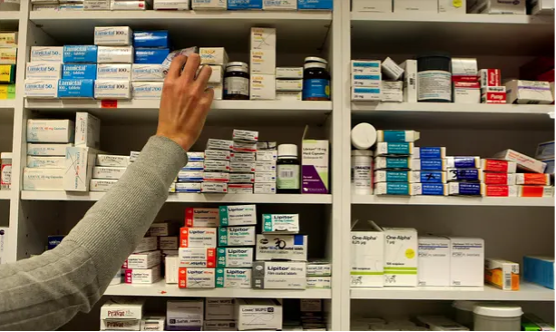Cancer drug leaflets for patients in Europe omit important facts
April 3, 2023
Source: drugdu
 518
518

Cancer drug information leaflets for patients in Europe frequently omit important facts, while some are “potentially misleading” when it comes to treatment benefits and related uncertainties, researchers have found.
Cancer is the biggest killer in Europe after heart conditions, with more than 3.7m new cases and 1.9m deaths every year, according to the World Health Organization.
Medicines are a vital weapon against the disease. But critical facts about them are often missing from official sources of information provided to patients, clinicians and the public, according to a study led by researchers from King’s College London, Harvard Medical School and the University of Sydney, among others.
“Regulated information sources for anticancer drugs in Europe fail to address the information needs of patients,” the study’s authors wrote in The BMJ journal. “If patients lack access to such information, clinical decisions may not align with their preferences and needs.”
To receive and participate in medical care, patients need high-quality information about treatments, tests and services, including information about the benefits of and risks from prescription drugs. But existing research on the issue is limited.
To address this, the researchers assessed the extent to which information about cancer drugs is communicated to patients, doctors and the public in Europe.
They reviewed official written and electronic information for clinicians, patient information leaflets and public summaries for 29 new cancer drugs approved by the European Medicines Agency between 2017 and 2019.
They then compared the information on drug benefits in these sources with the data available in regulatory assessment documents, which contain everything required for drug approval.
Vital information on drug benefits and uncertainties was frequently not reported, the researchers found. There were instances where the reporting of research into the drug was “inconsistent” and “potentially misleading” when compared with what was reported in regulatory assessment documents.
Important gaps and uncertainties in the evidence base were also rarely reported, particularly those that might be relevant or useful for patients, such as whether a drug extended survival or improved quality of life.
The study also discovered that scientific concerns about the reliability of evidence on drug benefits were rarely communicated to clinicians, patients or the public.
The stark findings “highlight the need to improve the communication of the benefits and related uncertainties of anticancer drugs in regulated information sources in Europe to support evidence-informed decision making by patients and their clinicians,” the authors concluded.
In a linked editorial, BMJ editors said the study raised questions about whether this knowledge gap was interfering with shared decision-making and whether new ways to present information, such as visual representation of data on benefits and harms, could be applied to other types of medicines.
Reference:https://www.theguardian.com/science/2023/mar/29/cancer-drug-information-leaflets-patients-europe-omit-facts
By editorRead more on
- The first subject has been dosed in the Phase I clinical trial of Yuandong Bio’s EP-0210 monoclonal antibody injection. February 10, 2026
- Clinical trial of recombinant herpes zoster ZFA01 adjuvant vaccine (CHO cells) approved February 10, 2026
- Heyu Pharmaceuticals’ FGFR4 inhibitor ipagoglottinib has received Fast Track designation from the FDA for the treatment of advanced HCC patients with FGF19 overexpression who have been treated with ICIs and mTKIs. February 10, 2026
- Sanofi’s “Rilzabrutinib” has been recognized as a Breakthrough Therapy in the United States and an Orphan Drug in Japan, and has applied for marketing approval in China. February 10, 2026
- Domestically developed blockbuster ADC approved for new indication February 10, 2026
your submission has already been received.
OK
Subscribe
Please enter a valid Email address!
Submit
The most relevant industry news & insight will be sent to you every two weeks.



